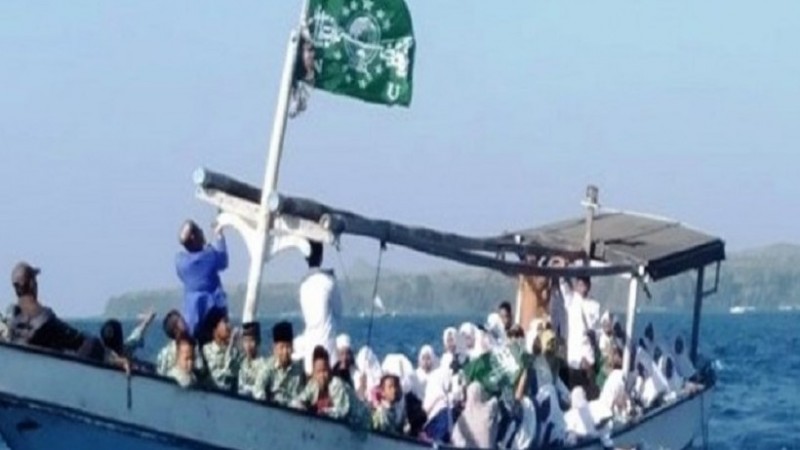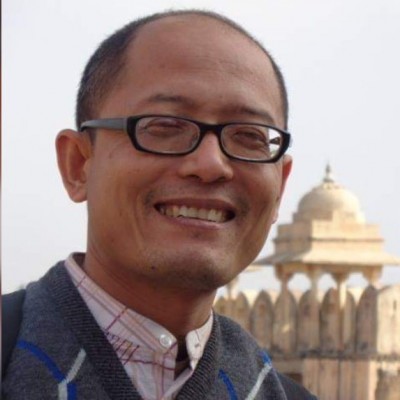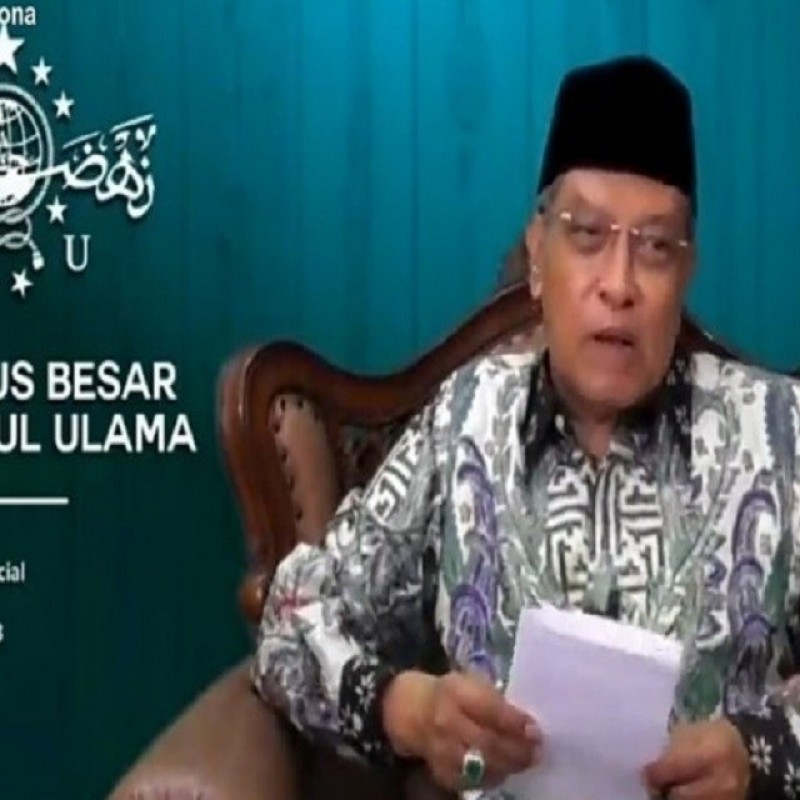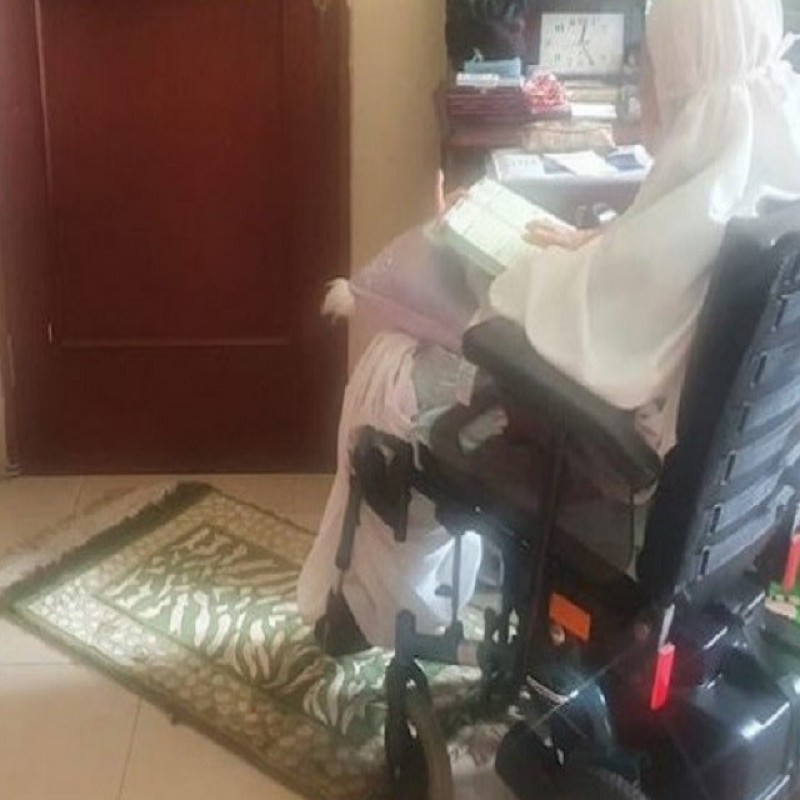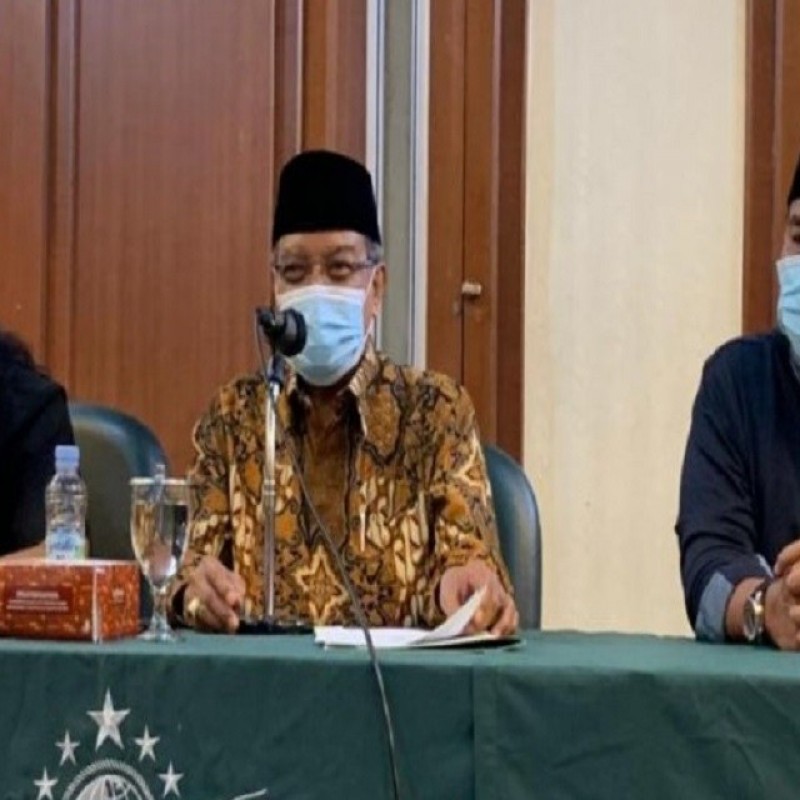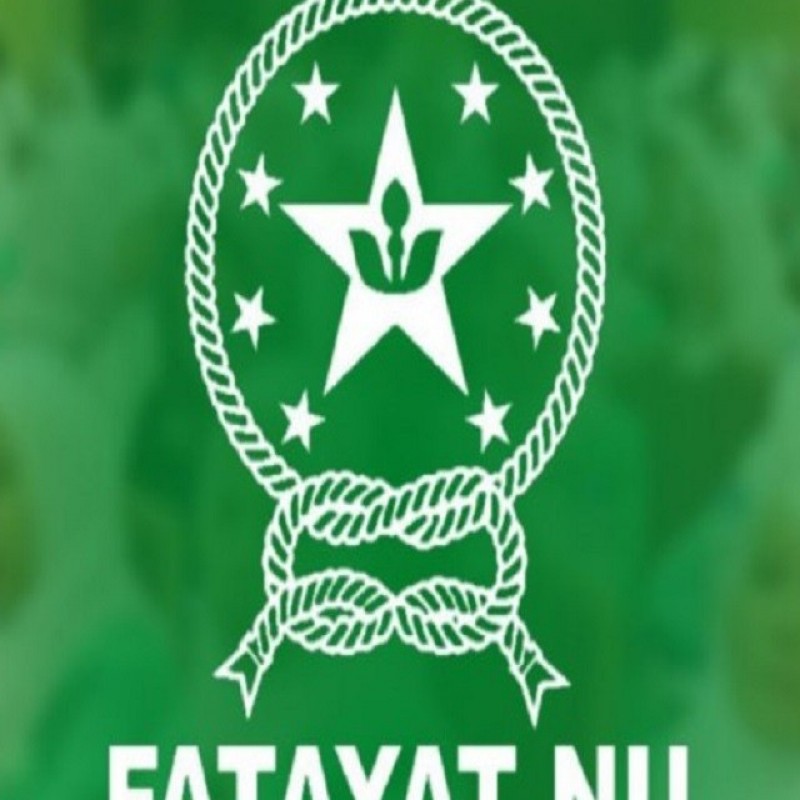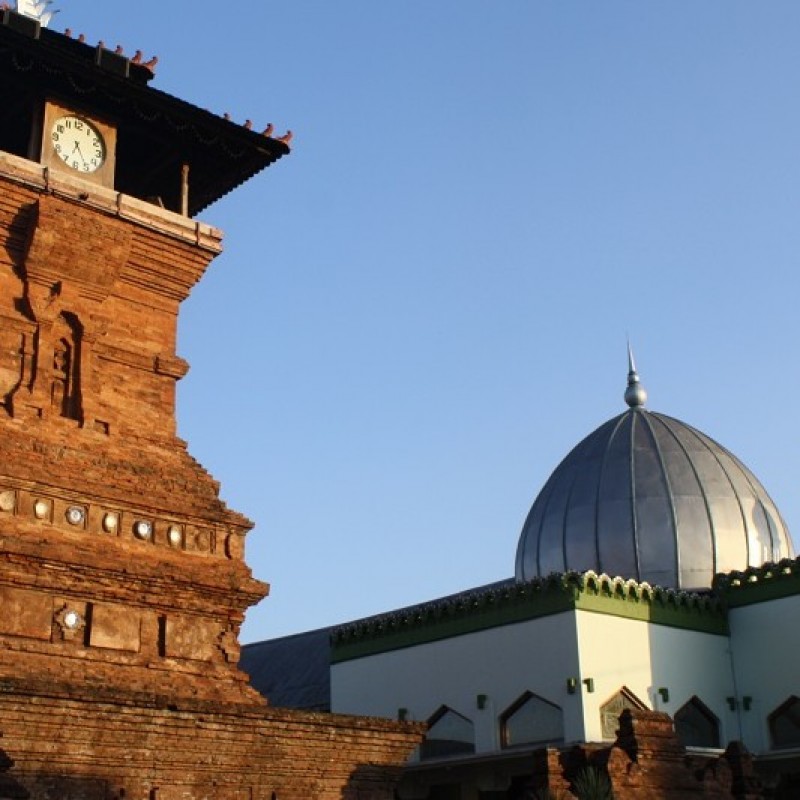Building NU's economic strength for organizational empowerment
NU Online · Ahad, 1 Agustus 2021 | 08:54 WIB
Achmad Mukafi Niam
Penulis
China has now become a new world giant for being capable of counterbalancing the old order previously ruled by the West, Europe and the United States. This achievement was achieved through economic revival. With its money and resources, China has succeeded in improving education, health, infrastructure, including its military strength. With its money, this country is also building influence to other countries through the New Silk Road Initiative called One Belt One Road (OBOR).
The United States has also remained a global power because of its economic strength, which is able to finance various needs to maintain its hegemony, ranging from research to always be at the forefront of science and technology, helping poor countries, spreading its ideology, including financing its scattered military power around the world.
Thus, the economy becomes a determining factor for the superiority of a country. Any country that is economically strong, could become a superpower.
In the past, China was a large country with a very large area and the largest population in the world. However, poverty has made it lose influence from European countries, which even though their population were not large and the area were not too large, but economically they were considered developed countries. In fact, in 1958-1961, China experienced a famine that left 43 million people dead. Changes in policy that are more economic-oriented slowly but surely make this country improve all its weaknesses and is now highly respected. Perhaps, in the next 20-30 years, China will become the strongest country in the world.
As an organization, Nahdlatul Ulama (NU) can learn a lot from the China's success. NU is known as the Islamic mass organization with the largest number of followers in the world. NU is considered in various sectors, and its voice is heard by the public as well as policy makers. In the political context, NU figures are drawn to become vote makers to gain support.
Unfortunately, NU still faces serious challenges in the economic field. Many NU followers still live in poverty, some even live below the poverty line. As a result, the quality of NU's education, health services, and other charitable organizations has not met the ideal expectations. The salaries of teachers in Islamic boarding schools (pesantren) are still far below the salaries of honorary teachers who often demonstrate demanding an increase in wages. Even though there has never been a demonstration, the ustadz (Islamic teachers) do not mean they are happy with this situation. Never let this be considered as a normality that does not get attention, but those who are in charge of the pesantren are busy by discussing other issues.
Thus, if NU pays more attention to economic issues, this will have an impact on the overall strength of NU in the future. Of course, this is not instant work, which is done today, then the results can be enjoyed tomorrow. During that process, there will be possible failures that become fruitful lessons. However, if successful, the benefits obtained will be tremendous. When an organization is rich, it could finance its various activities, and improve the quality of its services to the community. This makes da'wah (preaching) and organizational goals more easily achieved. When NU followers are prosperous, they could contribute better to the organization.
So far, people involved in NU organizations are based more on the purpose of so-called mahdhah worship or ritual. At the NU managements at the village level, the activities held are in the form of Tahlilan, Yasinan, Shalawatan, recitation, religious sermon and the like. People want to become more religious by involving themselves in NU, while in terms of economic and work matters, different institutions are used to support these goals.
At a higher level, NU branch administrators at the district and city levels (PCNU), or at the regional level at the provincial level (PWNU), attention to economic issues has increased. There are a number of NU administrators who are in charge of economic issues, and usually they struggle with or understand these issues. In addition, there are cooperations with various parties, such as the government and the private sectors that want to work on the economic field of NU followers. The NU administrators in branches that pay more attention to economic aspects have proven to be able to increase the strength and services of the organization to the community, as achieved by PCNU Sidoarjo in East Java and PCNU Sragen in Central Java.
However, in general, economic issues are still only a small part of the big issues that are being discussed. Even the economy is less sexy than the political issues that become the daily conversation of NU activists, even though it is not the organization's official field of work.
Mainstreaming economic issues is not an easy matter. Most of the NU administrators and activists have religious education and humanities backgrounds. Their interests and concerns are in the religious and social fields. The economic aspect is considered important in the context of how to fund their da'wah and social work. However, how to make NU economically independent, has not yet found a pattern.
Awareness of the importance of paying attention to this economic sector has begun to grow, including the emergence of the NU Entrepreneurs Association (HPN) or the Santri Entrepreneurs Association (HIPSI). However, economic issues need to continue to be pushed into the mainstream of discussion within NU so that thorny issues related to the economy that have been faced for so long could be solved.
This does not mean that in the future, economic issues will beat religious issues. However, this will go hand in hand considering that there are many religious issues that require economic support. The Prophet in his missionary mission got the support from his wife Khadijah who was a rich businesswoman. Examples like this should become our lesson to pay more attention to these economic issues. (Achmad Mukafi Niam)
Editor: Sudarto Murtaufiq
Terpopuler
1
Jadwal Puasa Sunnah Sepanjang Agustus 2025, Senin-Kamis dan Ayyamul Bidh
2
Upah Guru Ngaji menurut Tafsir Ayat, Hadits, dan Pandangan Ulama
3
Pakar Linguistik: One Piece Dianggap Representasi Keberanian, Kebebasan, dan Kebersamaan
4
IPK Tinggi, Mutu Runtuh: Darurat Inflasi Nilai Akademik
5
PBNU Minta PPATK Tak Ambil Kebijakan Serampangan soal Pemblokiran Rekening Menganggur
6
2 Alasan LPBINU Bandung Sosialisasikan Literasi Bencana untuk Penyandang Disabilitas
Terkini
Lihat Semua

